Thursday Panel on Careers in Academia
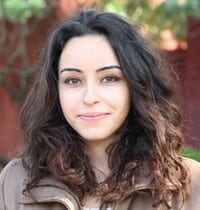
Basak Guler
Panelist
Basak Guler is an Assistant Professor in the Department of Electrical and Computer Engineering at University of California, Riverside, and a cooperating faculty in the Department of Computer Science and Engineering. She received her Ph.D. in 2017 from the School of Electrical Engineering and Computer Science at the Pennsylvania State University, under the supervision of Aylin Yener. Her dissertation work was on information transmission in networks with social and semantic constraints. After completing her Ph.D., Prof. Guler was a postdoctoral scholar in the Ming Hsieh Department of Electrical and Computer Engineering at University of Southern California, where she worked jointly with Prof. Salman Avestimehr and Prof. Antonio Ortega. Her research now focuses on distributed and federated learning, secure, private and trustworthy information processing in large-scale networks. Prof. Guler’s honors include an NSF CAREER award, and a UCR Regents’ Faculty Fellowship.
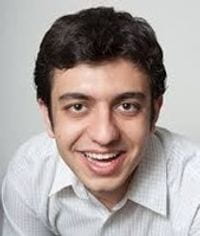
Meisam Razaviyayn
Panelist
Meisam Razaviyayn is an Assistant Professor of Industrial and Systems Engineering, Electrical and Computer Engineering, and Computer Science at the University of Southern California. In 2014, he received his Ph.D. in Electrical Engineering with a minor in Computer Science at the University of Minnesota, under the supervision of Tom Luo. His thesis work was on successive convex approximation, and applications including interference management in wireless heterogenous networks. Prior to joining USC, Prof. Razaviyayn was a postdoctoral research fellow at Stanford University, working with David Tse. He is now the Associate Director of the USC-Meta Center for Research and Education in AI and Learning, where his research focuses on the design and analysis of large-scale optimization algorithms arising in the modern data science era. Prof. Razaviyayn’s accolades include an NSF CAREER award, an Young Investigator Award, and several best paper awards.
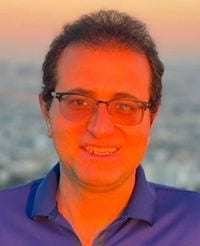
Mahdi Soltanolkotabi
Panelist
Mahdi Soltanolkotabi is Associate Professor and Andrew and Erna Viterbi Early Career Chair in the ECE, CS, and ISE departments at the University of Southern California, where he directs a new center at USC on AI foundations for the Sciences (AIF4S). In 2014, he completed his Ph.D. in Electrical Engineering at Stanford University, under the supervision of Emmanuel Candes. His doctoral work focused on subspace clustering, provable guarantees for semi-definite relaxations, and nonconvex gradient based methods for phase retrieval. Following his Ph.D., Prof. Soltanolkotabi was a postdoctoral researcher in the EECS department at UC Berkeley, where shifted his focus more toward machine learning. Today, his research focuses on building the mathematical foundations of modern data science, spanning optimization, machine learning, signal processing, high dimensional probability/statistics, computational imaging and artificial intelligence. Prof. Soltanolkotabi is a Packard and Sloan Fellow, and is a recipient of the NSF CAREER and AFOSR YIP awards.
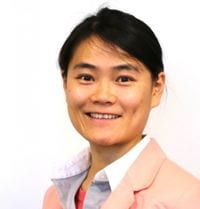
Zhiying Wang
Panelist
Zhiying Wang is an Assistant Professor in the Department of Electrical Engineering and Computer Science at UC, Irvine. She received her Ph.D. in 2013 from the California Institute of Technology, under the supervision of Jehoshua (Shuki) Bruck. Her thesis was on coding for information storage. Following the completion of her Ph.D., Prof. Wang was a postdoctoral fellow with the NSF Center for Science of Information, where she worked at Stanford University on problems related to bioinformatics, particularly compression of RNA-seq data. Prof. Wang’s current research interests include coding for data storage, data security and privacy, distributed computing, compression, and DNA storage. Prof. Zhang’s awards include an NSF CRII award, and she is a recipient of the IEEE Data Storage Best Paper Award.
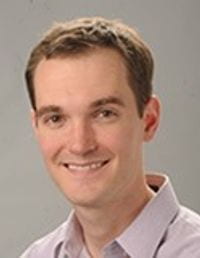
Thomas Courtade
Moderator
Thomas Courtade is an Associate Professor in the Department of Electrical Engineering and Computer Sciences at UC, Berkeley. He received his Ph.D. in 2012 from UCLA under the supervision of Rick Wesel, where he worked on problems related to network information theory. He was a postdoctoral fellow at the NSF Center for Science of Information before joining Berkeley in 2014. Prof. Courtade is now co-director of Berkeley Laboratory for Information and Systems Science, and works at the intersection of information theory, computer science, and mathematics. He is a recipient of the NSF CAREER award, a Hellman Fellowship, and several teaching awards.
